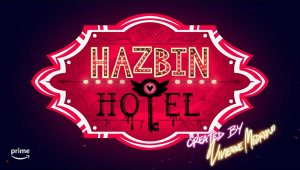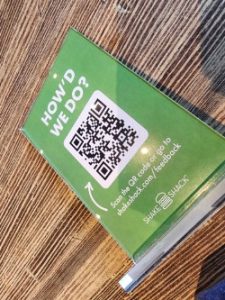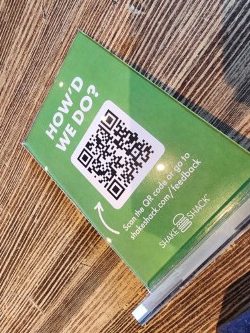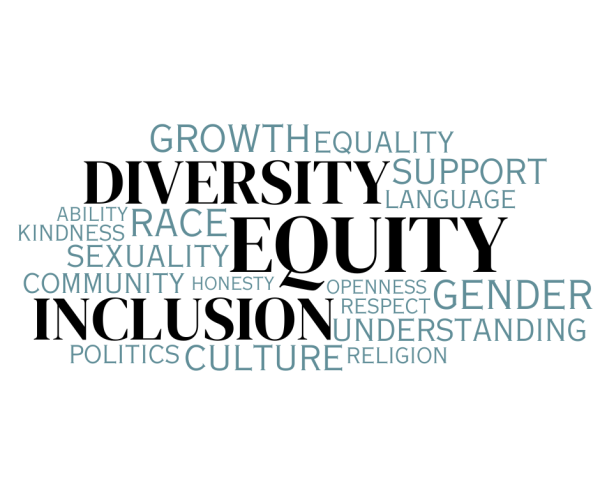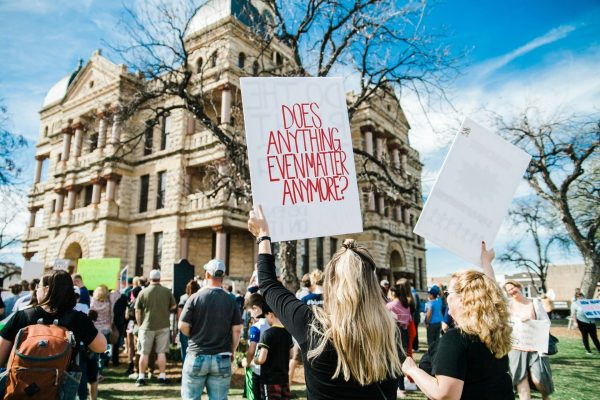FBI Agent Shares Story At CCSU
November 28, 2018
Snow fell in front of JoAnn Benson’s eyes as she sat in her car outside the courthouse when the call she’d been waiting for suddenly came.
“I picked it up and I hear, ‘Hi JoAnn, this is Mary Jane Soles from the [Federal Bureau of Investigation] in D.C. and we would like to know if you would like to pursue a career in the FBI and begin your background investigation,'” Benson recalled. “Right then in that one hour, everything had changed for me.”
Now a training specialist at the New Haven Field Office of the FBI, Benson shared her experience at Central Connecticut and what a career in the FBI entails.
Benson never imagined being in the FBI. In college, she got a degree in business and later focused on accounting. After Benson met up with a friend at lunch who convinced her to apply for the FBI despite her lack of military background, her life completely changed.
“Who thinks that they want to join the FBI?” Benson asked the room full of Central students. Hands rose and heads bobbed up and down. As arms lowered, Benson leaped into what the students were mainly interested in.
“What degree should you pursue if you want to join FBI?” Benson questioned. The answer to that, she said, is simply to do “what you love doing.” The reason is getting into the FBI is extremely difficult, having to fill out intense applications and go through multiple background checks and interviews.
Benson’s first job was a financial operations specialist and she soon moved up with her skills and dedication.
“I worked directly with the agents. Bad guys have a lot of money and they try to do everything to continue their life of crime, so we have to have just as much money to catch them. We would use the money to pay sources for information. If it was a drug case, we would have sources purchase them, things of that nature,” Benson stated.
Students’ arms rose up for their interest in the FBI earlier stayed focused on Benson as she spoke about her career in the field. Some were eager to know what they had to do to get accepted and what their future may look like down the road.
Minimum qualifications for the application process include being a U.S. citizen, being able to obtain a Top-Secret Clearance and processing a valid driver’s license.
Some automatic disqualifications include non-U.S. citizenship, conviction of a felony, failure of an FBI- administered urinalysis drug test and failure to file federal, state or local income tax returns.
There are 56 field offices located around the U.S. Even a smaller office like New Haven is always in direct contact with headquarters in case of further questions or for necessary actions that need to be taken.
The FBI prioritizes things like counterterrorism, counterintelligence, cyber crimes, public corruption, civil rights, combat criminal organizations and many more.
The FBI needs people skilled in science, technology, engineering and math to work on cybersecurity, electronic surveillance, among others. Foreign language skills help fight and protect the nation against threats. Medicine and counseling background information help aid operations and ensure FBI personnel to make sure they are prepared physically and mentally for tasks. Other backgrounds and skills also include law, police and military as well as public accountants.
Employment statistics in 2017 included 13,538 special agents. Approximately 20 percent of the agent workforce is female and 2,252 are from different minority groups.
Although getting into the FBI is a long and difficult process, Benson stated that “you have to keep your eyes and ears open your whole life because you never know what’s going to happen.”
“I’m working for the best law enforcement organization in the country. I really love what I do,” Benson said.


